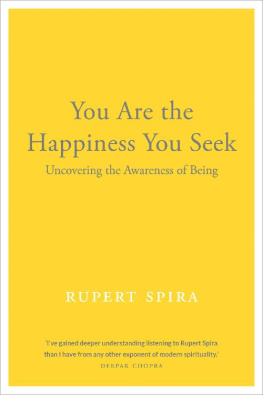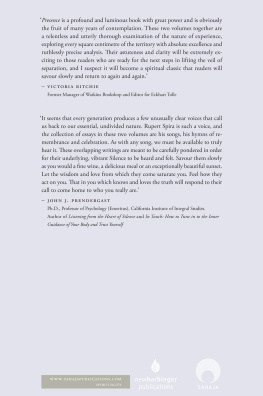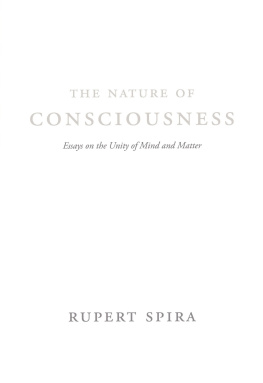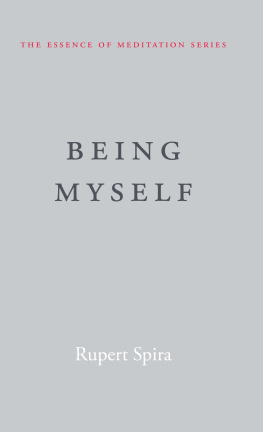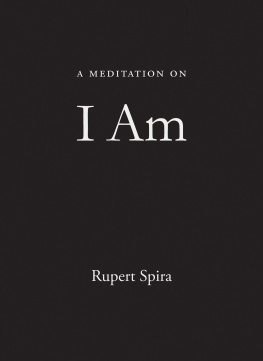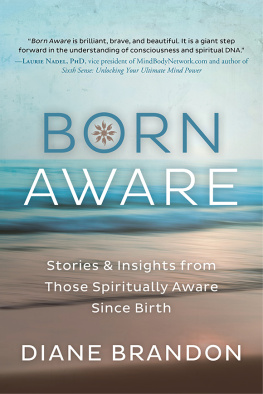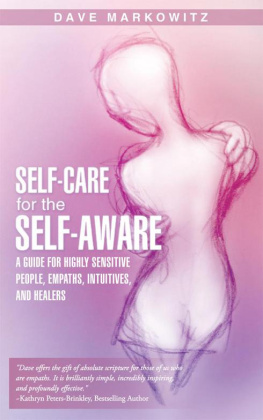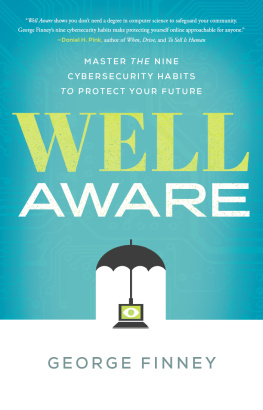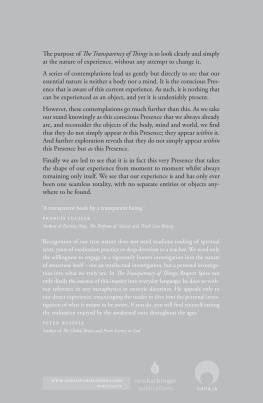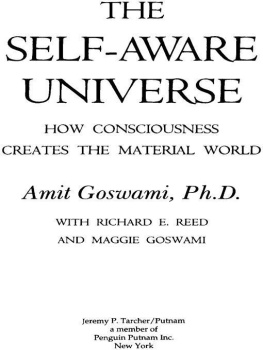It is only when we cease seeking happiness in objective experience, and allow the mind to sink deeper and deeper into the heart of awareness from which it has arisen, that we begin to taste the lasting peace and fulfilment for which we have longed all our life.
RUPERT SPIRA

From an early age Rupert Spira was deeply interested in the nature of reality. At the age of seventeen he learnt to meditate, and began a twenty-year period of study and practice in the classical Advaita Vedanta tradition under the guidance of Dr. Francis Roles and Shantananda Saraswati, the Shankaracharya of the north of India.
During this time he immersed himself in the teachings of P. D. Ouspensky, Krishnamurti, Rumi, Ramana Maharshi, Nisargadatta and Robert Adams, until he met his teacher, Francis Lucille, in 1997. Francis introduced Rupert to the Direct Path teachings of Atmananda Krishna Menon, the Tantric tradition of Kashmir Shaivism (which he had received from his teacher, Jean Klein), and, more importantly, directly indicated to him the true nature of experience. Rupert lives in the UK and holds regular meetings and retreats in Europe and the USA.


SAHAJA PUBLICATIONS
PO Box 887, Oxford OX1 9PR
www.sahajapublications.com
A co-publication with New Harbinger Publications
5674 Shattuck Ave.
Oakland, CA 94609
United States of America
Distributed in Canada by Raincoast Books
Copyright Rupert Spira 2017
All rights reserved
No part of this book shall be reproduced or transmitted in any form or by any means, electronic or mechanical, including photocopying, recording, or by any information retrieval system without written permission of the publisher
Designed by Rob Bowden
Printed in Canada
ISBN 9781626259980
Library of Congress Cataloging-in-Publication Data on file with publisher
I searched for myself and found only God
I searched for God and found only myself
SUFI SAYING
CONTENTS
I would like to thank all those who have transcribed the meditations in this book, in particular Ed Kelly, Will Wright, Terri Bennett, Michele Pike, Catherine Sanchez and George Mercadante. I would also like to thank Ellen Emmet, Linda Arzouni, Marianne Slade, Jacqueline Boyle and Rob Bowden for the care with which they have contributed in various ways to the making of this book.
The contemplations in this book are taken from guided meditations that I have given during meetings and retreats over the past several years. They were originally delivered spontaneously but have been edited for this collection to avoid repetition, and to adapt them from the spoken to the written word.
Meditation takes place in the space between words. Therefore, these contemplations were originally spoken with long silences between almost every sentence, allowing listeners time to explore the statements in their own experience. The meditations in this book have been laid out with numerous breaks between sentences and sections in order to invite and facilitate a similarly contemplative approach.
E verybody loves happiness above all else. Even if we deny ourselves happiness for the sake of another person or an impersonal cause, we do so ultimately because it makes us happy.
In order to fulfil the desire for happiness, most people engage in a relentless search in the realm of objects, substances, activities, states of mind and relationships. This search also takes the form of resistance to whomever or whatever is perceived to jeopardize our happiness. Thus, seeking and resistance are the two main impulses that govern the thoughts and feelings, and the subsequent activities and relationships, of most people.
The activities of seeking and resisting are an inevitable expression of the sense of lack or suffering that underlies them. However, most of us never question the origin of our suffering, so busy are we escaping the discomfort of it through the acquisition of objects, substances, activities, states of mind and relationships. If we do question it, we usually attribute it to the absence of the object or experience that we seek or the presence of the situation we are attempting to avoid and, as a result, never fully trace it back to its original cause.
Our belief that happiness is dependent on objective experience is not altogether without foundation, and hence its almost universal allure, for every time a desired object is acquired or an unpleasant situation successfully avoided, happiness is indeed briefly experienced.
However, although the acquisition or avoidance of the object or situation puts a temporary end to the suffering that underlies it and, as a result, brings about a brief moment of happiness, it does not uproot it or bring it to a permanent end. It simply masks it.
No sooner does the object, substance, activity, state of mind or relationship diminish or disappear, or the situation we sought to avoid reappear, than the happiness vanishes and the underlying suffering returns.
As a result, most people set out again in pursuit or rejection of some form of objective experience in the hopes of repeating the experience of happiness. In this way we become addicted to the endless cycle of lack, seeking and temporary fulfilment that characterises most peoples lives, and to which Henry David Thoreau referred when he said that most people lead lives of quiet desperation.
Many people spend their lives managing this despair more or less successfully, medicating it with substances, numbing it through the acquisition of objects, avoiding it through exotic or meditative states of mind, or simply distracting themselves from it with activities and relationships.
However, at some point, either spontaneously or, in most cases, as a result of reading a book or having a conversation with a friend, some people begin to question whether or not objective experience can ever really be the source of the lasting peace and happiness for which they long. Others reach a point of desperation or hopelessness before this intuition dawns.
Most people who are reading these words are doing so precisely because they have understood, or at least intuited, that their desire for peace and happiness can never be found in objective experience. In other words, if you are reading this book it is most likely because objective experience has failed to provide peace and fulfilment sufficiently often that the impulse to invest your identity, security and happiness in it is beginning to wane.
This understanding or intuition is one of the most profound and disturbing recognitions that one may have, and it initiates a crisis whose exploration and resolution are the subject matter of this book.

Once this recognition has taken place it is never possible to invest our desire for lasting peace and happiness in objective experience with quite the same conviction again. Although we may forget or ignore it and, as a result, repeatedly return to objective experience seeking fulfilment, our understanding will impress itself upon us with greater frequency and power, asserting its undeniable and unavoidable truth with ever-increasing clarity, demanding to be heard. We turn away from this intuition at our peril.
When objective experience including any conventional religious or spiritual practices that involve directing attention towards some more or less subtle object, such as an external god, a teacher, a mantra or the breath has been exhausted as a possible means by which peace and happiness may be obtained, only one possibility remains: to turn the mind around upon itself and investigate its essential nature.
Next page

